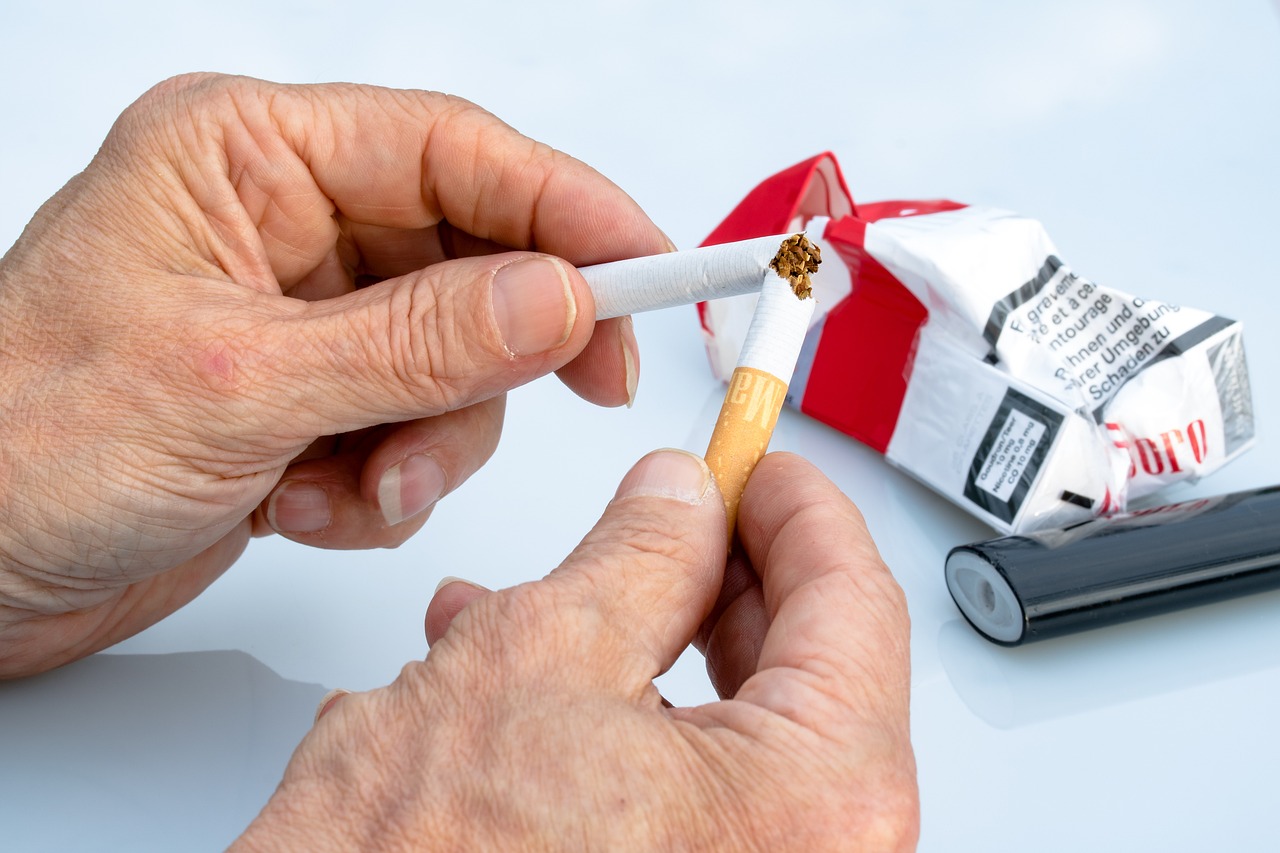The destruction of 248,668 excise-free cigarettes by the Aceh Regional Office of the Directorate of Customs and Excise deserves support as part of efforts to reduce the circulation of illicit cigarettes. However, this action is insignificant and has not had a significant impact on the ongoing criminal activity of excise-free cigarettes.
This is not a pessimism about the performance of Customs and Excise, but rather a form of journalistic skepticism and concern about a phenomenon that appears to be like an iceberg. The destruction of hundreds of thousands of excise-free cigarettes is only the tip of the iceberg amidst the mountain of illicit cigarette circulation in Aceh and even across Indonesia.
The action taken by Customs and Excise is merely a ceremonial and symbolic gesture, inviting relevant officials and gaining publicity from the mass media. While the burning of hundreds of thousands of illicit cigarettes was carried out, there were millions, perhaps even tens of millions, of excise-free cigarettes still in circulation.
This ceremonial action has not yet become shock therapy to reduce the circulation of excise-free cigarettes. Instead of being a deterrent, illegal cigarette producers and their networks, including buyers, continue to produce, distribute, and sell these illicit cigarettes.
This is not an opinion, let alone a baseless accusation. Various types of illegal cigarettes are still readily available today, and may remain so forever. Prices do fluctuate, becoming more expensive due to frequent raids that make them scarce.
The economic law of supply and demand applies here. The fewer goods in circulation, the more difficult it is to obtain, and the higher the price. Dealers who buy at a low price before the goods become scarce actually profit by being able to sell at a higher price.
Smokers are certainly unaware that the goods they are buying are old stock. The momentum of the raids actually provides higher profits for certain parties. This is why eradicating illegal cigarettes faces a significant challenge, as it offers a double advantage. Not only are goods prohibited by the state, but even drugs, which are clearly prohibited by the state and religion, will continue to be distributed.
The recent burnings are not yet part of a comprehensive strategy to break the entrenched distribution chain of illegal cigarettes. Even without the involvement of certain individuals, it is difficult to eradicate the production and distribution of illegal cigarettes, especially when there are suspected involvement at all levels.
In addition to destroying hundreds of thousands of illegal cigarettes, the public is rightly hoping that Customs and Excise will be transparent about the various seizures they have carried out. The media has found it difficult to obtain confirmation, giving the impression that something is being covered up.
With this momentum and a refreshed leadership at Customs and Excise, it is hoped that the circulation of illegal cigarettes can be further suppressed.[]

